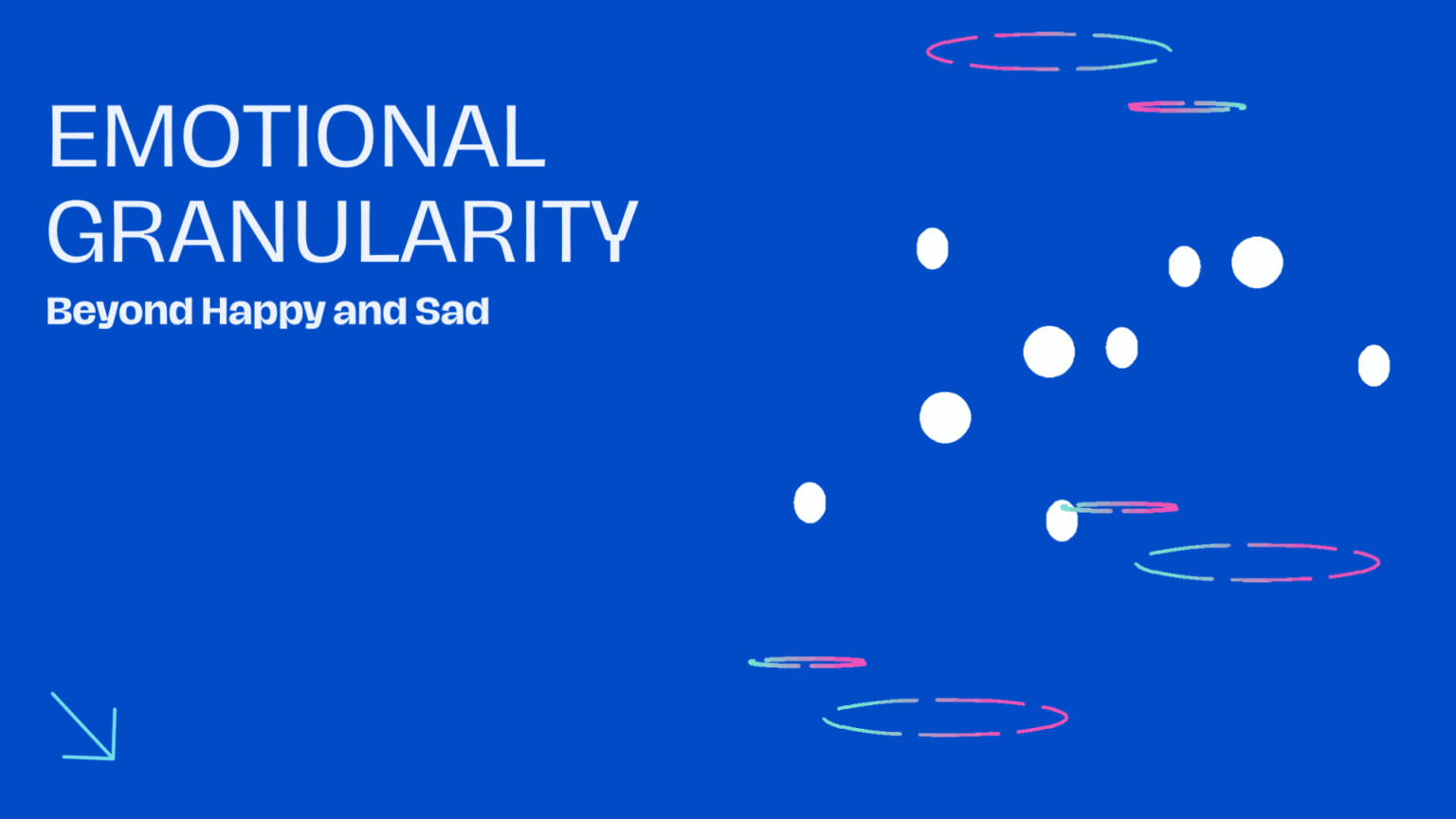Psychedelic Therapies: The Dawn of a New Era in Mental Health Treatment
In recent years, psychedelic therapies have been gaining recognition as a promising form of mental health treatment. Studies have shown that the therapeutic use of psychedelic substances such as psilocybin and LSD can help people with a variety of mental health conditions, including depression, anxiety, and post-traumatic stress disorder. In this article, we will explore the rise of psychedelic therapies, their potential benefits and risks, and their future role in mental health treatment.
The Rise of Psychedelic Therapies
What is Psychedelic Therapy?
Psychedelic therapy is a form of psychotherapy that utilizes psychedelic drugs to facilitate therapeutic breakthroughs. While the recreational use of psychedelics has been around for centuries, it wasn’t until the mid-20th century that researchers began to explore their potential use in mental healthcare.
What is Psilocybin?
Psilocybin is a naturally occurring psychedelic compound found in certain species of mushrooms. When ingested, psilocybin is converted into psilocin, which produces a range of psychoactive effects. The use of psilocybin in therapy has gained significant attention in recent years due to its potential therapeutic benefits.
How is Psilocybin Used in Therapy?
Psilocybin is typically administered in a controlled clinical setting under the guidance of a trained therapist. The dose and duration of the treatment are carefully monitored to ensure the safety and effectiveness of the therapy. During the psychedelic experience, patients are encouraged to explore their thoughts and emotions in a supportive environment. Psychedelic therapy often involves a series of sessions, with each session building on the insights and experiences gained in the previous session.
Psilocybin-Assisted Therapy for Mental Health Conditions
Clinical Trials on Psilocybin-Assisted Therapy
Over the past decade, there has been a growing body of research on the therapeutic use of psilocybin in the treatment of mental health conditions. Clinical trials have shown promising results in the use of psilocybin-assisted therapy for depression, anxiety, and post-traumatic stress disorder.
What Mental Health Conditions Can Be Treated with Psilocybin-Assisted Therapy?
Psilocybin-assisted therapy has shown potential in the treatment of a wide range of mental health conditions, including depression, anxiety, addiction, and post-traumatic stress disorder. However, further research is needed to fully understand the effectiveness of psilocybin therapy for these conditions.
Treatment-Resistant Depression and Psilocybin
Treatment-resistant depression is a particularly challenging condition to treat, as traditional antidepressant medications are often ineffective. However, recent studies have shown that psilocybin-assisted therapy may be a promising treatment option for people with treatment-resistant depression. In fact, the results of a recent clinical trial on psilocybin therapy for depression were so promising that the US Food and Drug Administration (FDA) granted psilocybin therapy “breakthrough therapy” designation, meaning that it has the potential to provide significant advantages over existing treatments.
The Benefits and Risks of Psychedelic Therapies
The Benefits of Psychedelic Therapies
Psychedelic therapies have the potential to provide a range of benefits for people with mental health conditions. For example, studies have shown that psychedelic therapy can help individuals experience a sense of connection and well-being, and can reduce symptoms of depression and anxiety. Additionally, many people who have undergone psychedelic therapy report a new sense of perspective and meaning in their lives.
The Risks of Psychedelic Therapies
There are risks associated with the use of psychedelic substances, particularly when used outside of a controlled clinical setting. Some potential risks of psychedelic therapy include psychological distress, paranoia, and flashbacks. Additionally, people with a history of substance use disorder or certain mental health conditions may be at higher risk for adverse reactions to psychedelic substances.
How Safe is Psychedelic Therapy?
With proper supervision and screening, psychedelic therapy can be safe for most people. That being said, it is important for individuals considering psychedelic therapy to work with a qualified and experienced therapist, and to fully understand the potential risks and benefits of the treatment.
The Future of Psychedelic Therapies
The Potential of Psychedelic Compounds
The potential therapeutic benefits of psychedelic compounds, such as psilocybin and MDMA, are still being explored. In the future, it is possible that new drugs based on these compounds could be developed to treat a range of mental health disorders.
The Role of Psychedelic Researchers in Mental Health Treatment
Psychedelic researchers are playing an increasingly important role in the development of new mental health treatments. As more research is conducted on the therapeutic potential of psychedelic substances, we are likely to see more treatments developed that incorporate these compounds.
The Challenges and Opportunities in the Use of Psychedelics for Therapeutic Purposes
While the use of psychedelic substances for therapeutic purposes is gaining more acceptance, there are still challenges to be addressed. For example, many regulatory bodies have been slow to approve the use of psychedelic therapies, and there is still stigma surrounding these substances. However, there are also many opportunities to explore new forms of mental health treatment that could provide significant benefits for individuals.
In conclusion, the use of psychedelic therapies in mental health treatment is still in its early stages, but has shown considerable potential. While there are still risks and challenges to be addressed, psychedelics may well play an important role in the future of mental healthcare.
Q: What is psychedelic therapy?
A: Psychedelic therapy is a new form of mental health treatment that uses psychedelic substances like psilocybin and MDMA to address various mental health disorders.
Q: What is psilocybin therapy?
A: Psilocybin therapy is a treatment that uses psilocybin, a psychedelic substance found in certain mushrooms, to help patients deal with a variety of mental health issues, including depression, anxiety, and addiction.
Q: What is the dawn of a new era in mental health treatment?
A: The dawn of a new era in mental health is characterized by the growing interest in psychedelic medicine and the increasing number of studies and clinical trials exploring the effects of psychedelic substances on different mental disorders.
Q: Who are psychedelic researchers?
A: Psychedelic researchers are scientists and professionals who are dedicated to studying the potential uses and benefits of psychedelic substances in the treatment of mental health disorders.
Q: What is the new era in mental health?
A: The new era in mental health refers to the emerging field of psychedelic medicine, which is focused on developing new treatments for mental disorders using substances like psilocybin and MDMA.
Q: What is the effect of psilocybin?
A: The effects of psilocybin on the human brain can vary depending on the dose and individual reactions, but it can generate mind-altering and hallucinogenic experiences that can be therapeutic for mental health issues.
Q: What are the effects of psychedelic therapy?
A: The effects of psychedelic therapy can range from improving mood, boosting creativity, and enhancing empathy and self-awareness to reducing symptoms of anxiety, depression, and PTSD.
Q: What are the common mental disorders treated by psychedelic therapies?
A: Psychedelic therapies are being studied as potential treatments for a range of mental disorders, including depression, anxiety, PTSD, addiction, and others.
Q: What is the importance of psychedelic studies?
A: Psychedelic studies are crucial in understanding the potential benefits and risks associated with the use of psychedelic medicine as a new treatment for mental disorders. They offer scientific evidence and support for further advancement of the field.
Q: What are the treatments for mental disorders?
A: Traditional treatments for mental disorders include therapy and medications. However, psychedelic therapies, and other emerging treatments, show great promise and may provide an alternative or complement to traditional treatments in the future.










